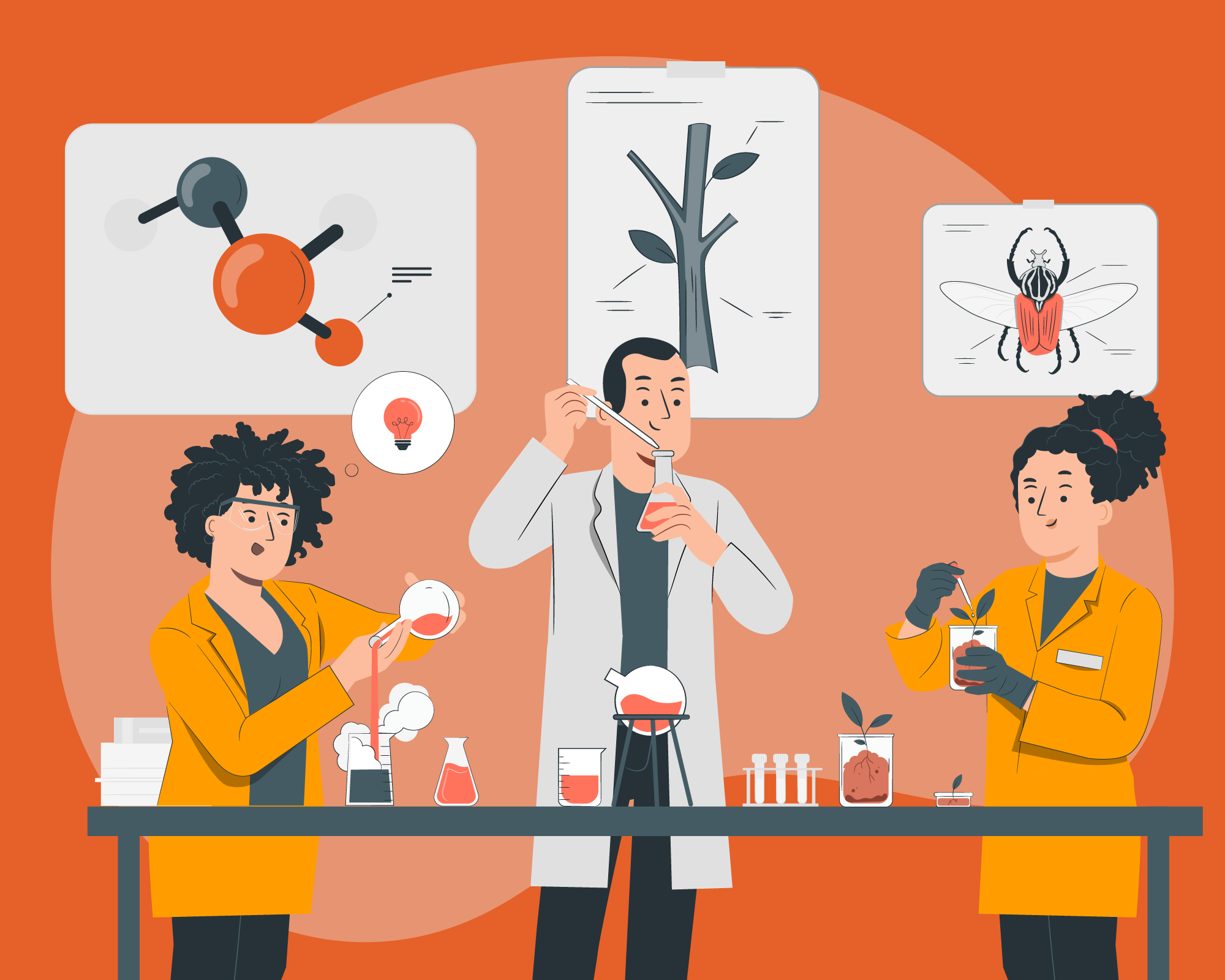How to Focus On Studies Without Getting Distracted?

Focusing on studying can be quite difficult due to the many distractions in our lives. Knowing how to concentrate on your studies without being distracted is essential for doing well in school.
In this article, you will find helpful tips for maintaining your concentration while studying and enhancing your focus.
Understanding Common Distractions
Digital Distractions
- Social Media: Frequent updates and notifications can be quite disruptive and interrupt productive study sessions.
- Notifications: Constant notifications from apps and messages can disrupt your focus and make it difficult to concentrate.
- Online Entertainment Platforms: It’s important to be mindful of how streaming services and video platforms can become distractions from focusing on your studies.
Environmental Distractions
- Noisy Surroundings: Constant external noise can be incredibly disruptive and can make it challenging to maintain focus and concentration.
- Cluttered Workspace: A cluttered and chaotic study area can disrupt concentration and diminish work efficiency.
- Uncomfortable Study Environment: Inadequate lighting, uncomfortable seating, and extreme temperatures can negatively affect concentration and overall comfort.
Tips for Minimizing Digital Distractions
- Make a Schedule or To-Do List: To optimize your focus and concentration, it’s important to set aside specific study hours during which you can fully dedicate yourself to learning and minimize distractions. Additionally, it can be helpful to limit the time you spend looking at screens, as excessive screen time can lead to fatigue and reduce your ability to concentrate effectively.
- Creating a Distraction-Free Study Zone on Devices: Consider using applications or adjusting settings on your devices to prevent distracting notifications and restrict access to websites that may hinder your focus.
Creating an Optimal Study Environment
- Time Management Techniques: Implementing effective time management strategies involves consciously organizing and planning how to divide your time between specific activities. By prioritizing tasks, setting goals, and minimizing distractions, individuals can enhance their capacity to focus and ultimately boost their productivity.
- Implementing the Pomodoro Technique: To maintain focus and concentration during study sessions, it can be beneficial to divide them into intervals of around 25-30 minutes, with short 5-10 minute breaks in between. This method, often referred to as the Pomodoro Technique, can help prevent mental fatigue and maintain productivity throughout the study session.
- Prioritizing Tasks and Setting Achievable Goals: Stay focused and productive by prioritizing the most important tasks and setting realistic and achievable objectives. This will help you maintain clarity and effectiveness in your work.
- Take Timely Breaks: To avoid cramming, it’s important to incorporate regular breaks into your study schedule. Make it a habit to review the material consistently instead of leaving it all until the last minute. This helps in better retention and understanding of the content, leading to more effective learning.
Developing Concentration Skills
- Practicing Mindfulness and Meditation: Regular mindfulness practices, such as meditation and deep breathing exercises, have been shown to enhance concentration, boost cognitive function, and alleviate the effects of stress.
- Improving Focus Through Regular Exercise and Proper Nutrition: Engaging in regular physical activity and maintaining a balanced, nutritious diet are essential for supporting and enhancing cognitive function.
- Engaging in Cognitive Exercises to Enhance Attention Span: Brain games and puzzles have been shown to enhance focus and concentration.
Building Effective Study Habits
- Establishing a Structured Study Routine: Developing consistent study habits can greatly improve your ability to concentrate and focus on your work.
- Breaking Down Study Material into Manageable Chunks: Break down the material into more manageable segments to reduce the feeling of being overwhelmed while studying.
- Incorporating Active Learning Strategies: Remember to employ methods such as summarization and self-testing in order to strengthen your understanding and retention of new information.
- Find a Study Group: Working together with colleagues can offer a source of inspiration and support in staying on track.
Remaining focused on studies while avoiding distractions necessitates a blend of tactics and disciplined routines. By recognizing typical distractions, reducing digital interruptions, establishing an ideal study environment, honing concentration skills, and cultivating effective study habits, you can improve your capacity to focus and attain academic excellence. By incorporating these methods, you can experience more productive study sessions and achieve better overall academic performance.
Last Updated on July 26, 2024










